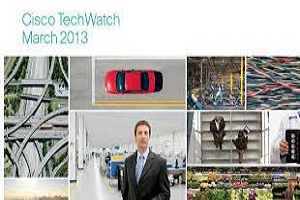July 4, 2013
UK workers mistrust more contented home-based colleagues
The debate which ensued following the Yahoo ban on home working earlier this year was as much as about the level of trust felt towards home workers as it was about the importance of collaboration within the workplace. The fact is that for the majority of home workers, day to day life is easier. No commuting, work where you please, no irritating colleagues and the freedom to nip out to the dentist, doctors or parents meeting without having to book a half day off. As a result, while home workers enjoy the best mental health and wellbeing of four groups in a survey of contact centre workers, office workers, home workers and mobile professional workers, their distance from the office-based working population breeds suspicion between them and everybody else. (more…)

































April 10, 2014
A rail network carrying people on blurred lines into the future of work
by Mark Eltringham • Comment, Flexible working, Technology, Workplace design
(more…)